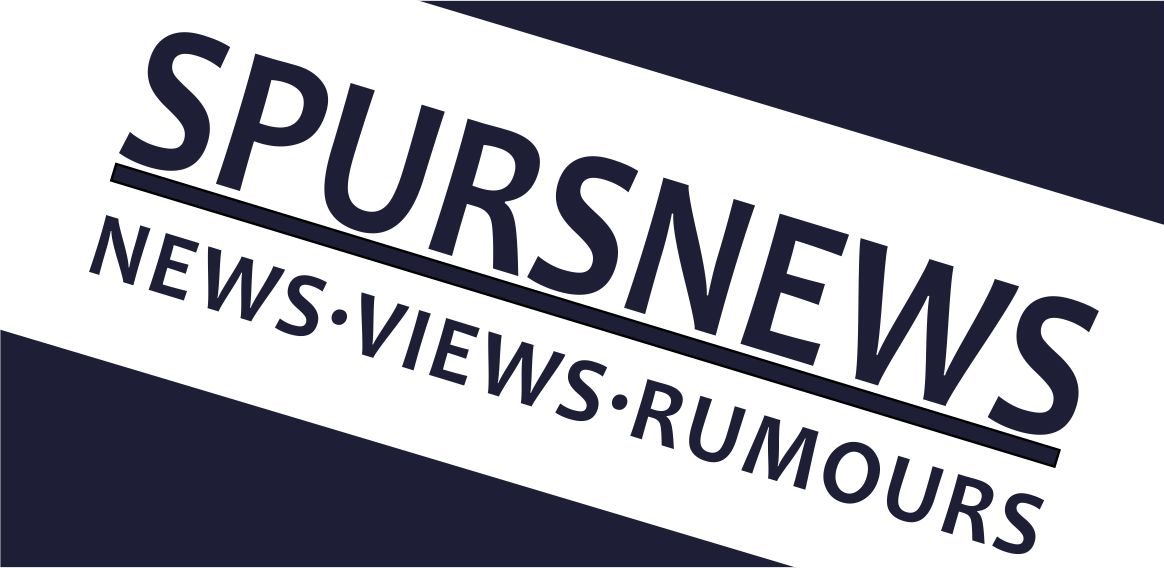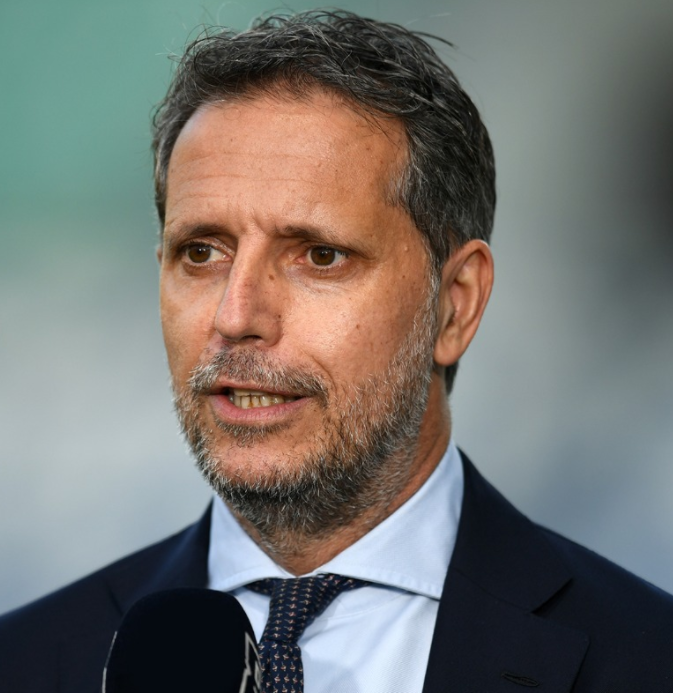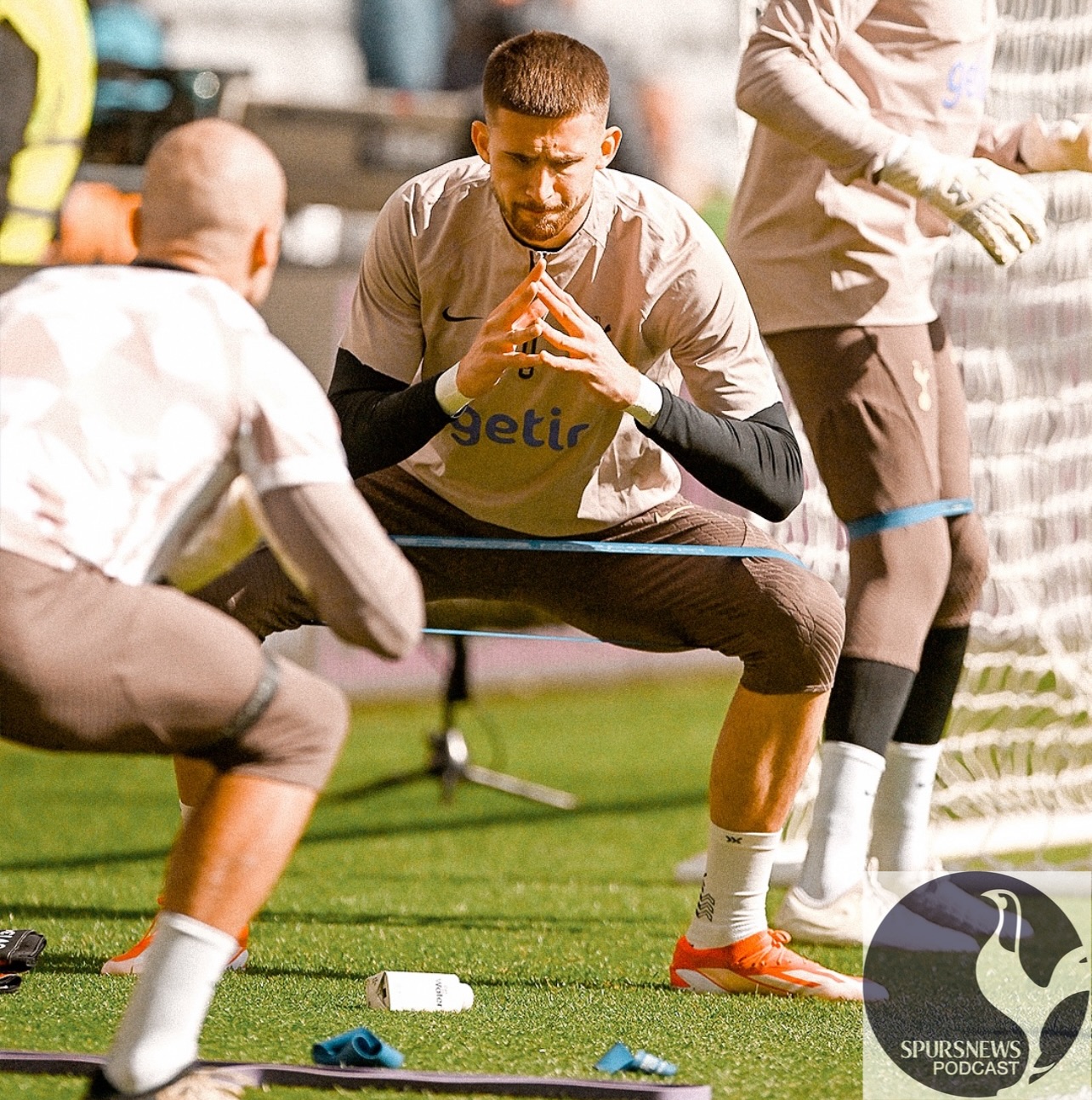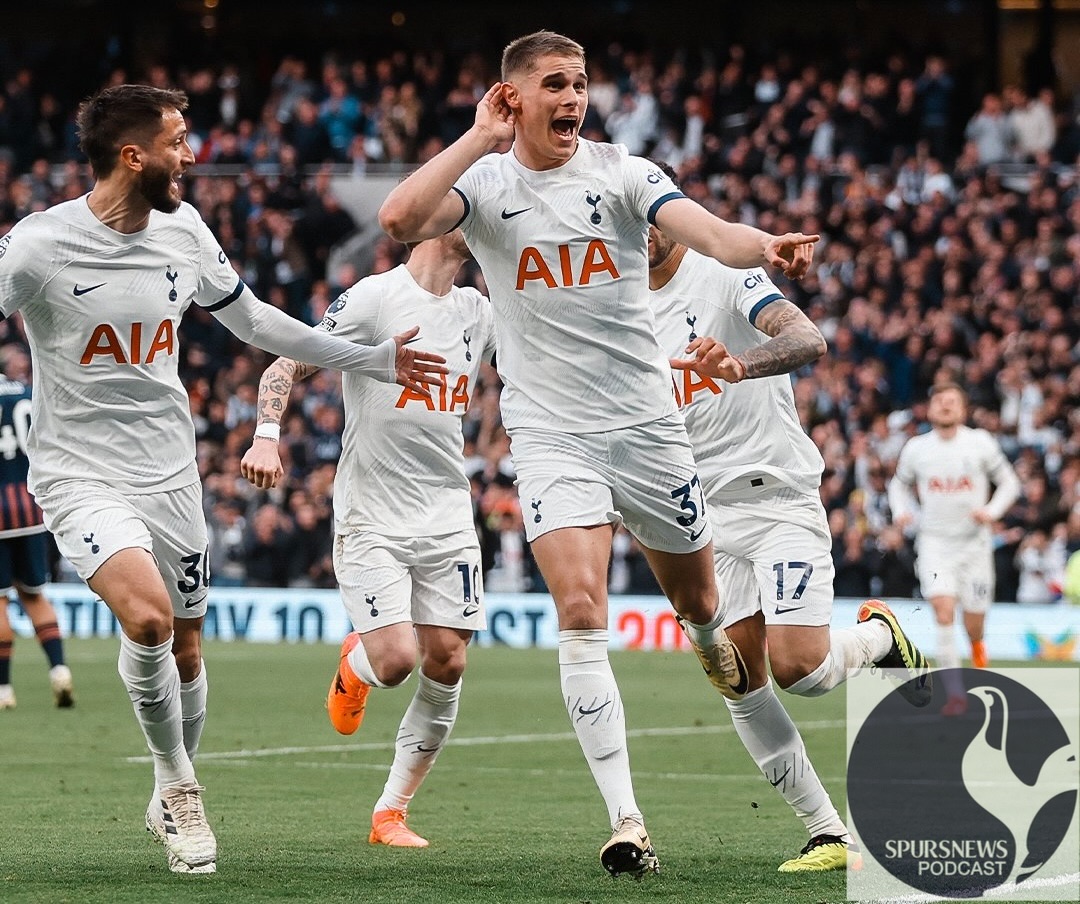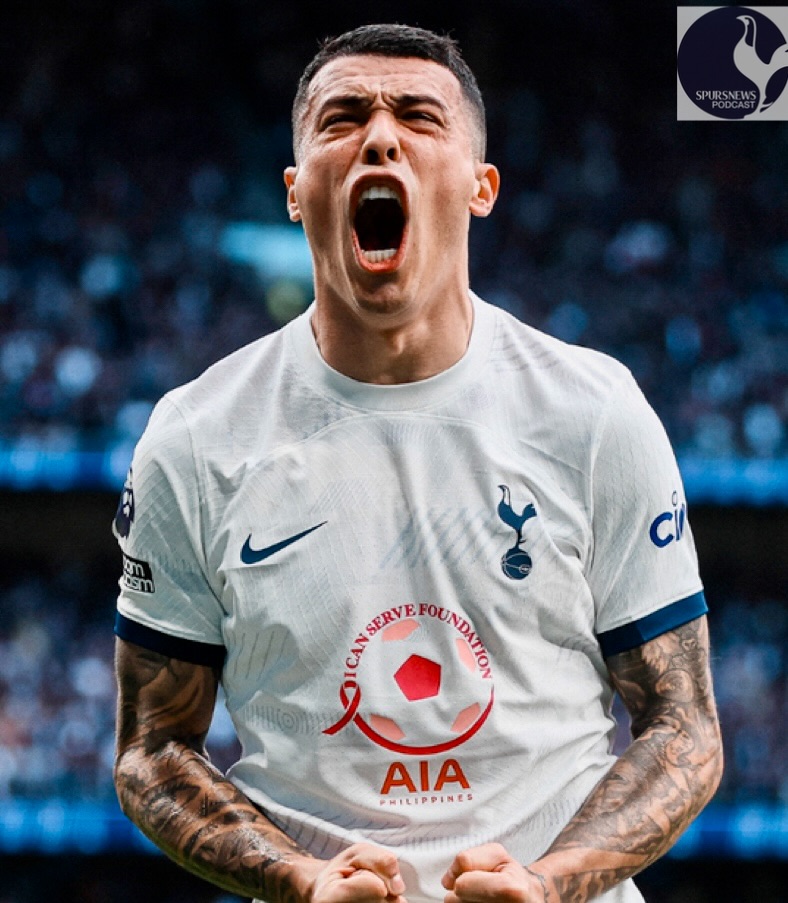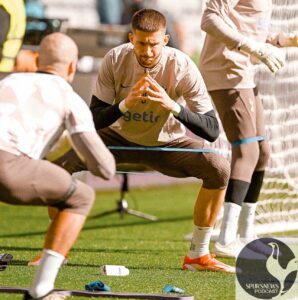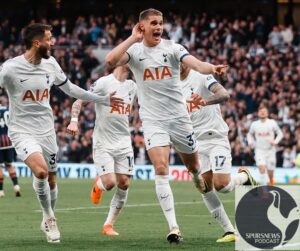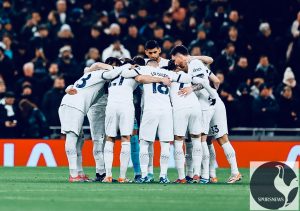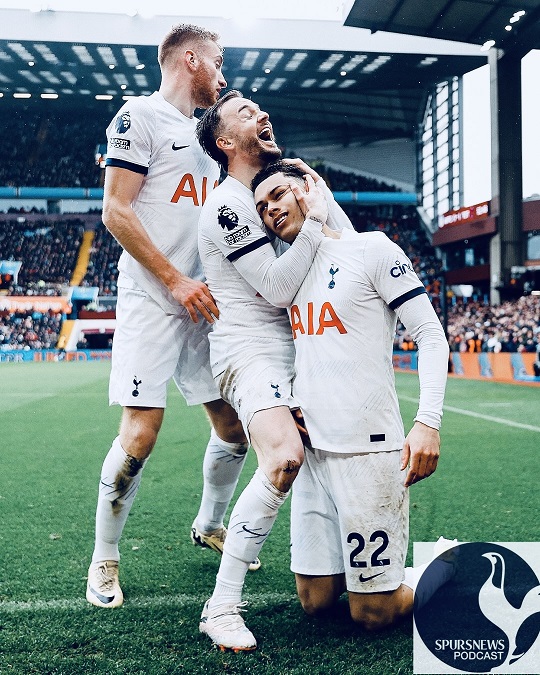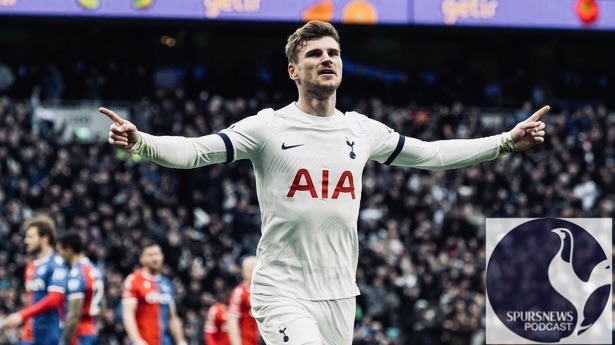To understand the type of character Tottenham have hired in Fabio Paratici it helps to turn back the clock to 2013. The man appointed by Spurs last month as their managing director of football was then in a similar role at Juventus and he had the signing of Carlos Tevez in his sights.
Tevez was with Manchester City and when Paratici decided the moment had come to buy him he devised a plan: a secret meeting with the striker was arranged at a London restaurant opened specially for him at 1am. Paratici can accurately be described as an inventive workaholic utterly determined in his pursuit of success.
At Juventus he enjoyed plenty of that: nine consecutive Serie A titles and two Champions League finals were achieved while he was first sporting director alongside Giuseppe Marotta, then chief football officer until the end of last season. If the secret to establishing a winning mentality sometimes lies behind the scenes, Tottenham appear to have made a wise choice.
The only sacred rule of the “Paratici code” is that there are no holidays or breaks. His phone is never off; at most he is unavailable because he is with agents, players or presidents. Until Spurs convinced Paratici to install WhatsApp, he had relied for 10 years on iMessages and phone calls. “I am obsessed with knowing and recognising,” he often says. His policy is never to lose sight of a player or negotiation, even when it does not involve his club, because you never know where it may lead. He also likes to be on the training-ground pitches, believing “being there” is crucial.
After an unremarkable playing career in Italy’s third division, Paratici took a job as Sampdoria’s head of scouting in 2004 before he joined Juventus six years later. He demonstrated in Turin an eye for talent young and old.
It was he who brought in a 19-year-old Paul Pogba as a free agent and sold him back to Manchester United for €100m. Paratici, too, who signed a 32-year-old Andrea Pirlo who was perceived to be on the decline but became Juventus’s conductor for four years.
“I would call him an incredible worker,” says Javier Ribalta, Parma’s managing director of sport, who worked alongside Paratici at Juventus from 2012 to 2017 as head of scouting. “I don’t even know when he can find time to sleep. He works 24 hours a day, and that’s not a saying. Usually, Paratici’s calls are after midnight, with the energy of someone calling you at noon!
“Fabio watches all kinds of games even at night, from the Copa Libertadores to the Copa América. He watches any match. Normally when you are the sporting director or director of football you don’t have the time to follow young players that you do when you work in scouting. He, on the other hand, never wants to lose this skill: he always watches games, he never loses anything, he constantly calls his collaborators to be updated on all the players in the world.”
Ribalta, who launched Bruno Fernandes’s career by bringing him to the Italian second division club Novara, says one of Paratici’s strategies is to negotiate for several players at the same time for a single position, disturbing rival clubs but always intent on landing his No 1 target. The former Manchester United chief scout enjoyed watching Paratici in action at Juventus.
“I will never forget his ability to get Kingsley Coman as a free agent from PSG,” he says. “Paratici worked on it for six months, day and night. We first went to watch the player together several times because Fabio wanted to make sure it was worth investing in Coman; then, as soon as he was convinced to sign Kingsley, he made many – but believe me many – trips to convince Coman, his family and the agents to choose Juventus rather than many other offers and a possible renewal with PSG. It was very difficult but with his insistence, hard work and all his skills, Paratici managed to bring him to Juventus. He was only 18; now he’s a star at FC Bayern [Munich]. Not bad …”
The Tevez deal also stands out for Ribalta. “Paratici moved in advance, in great secrecy for months,” he says. “We had to assess how he was physically. Then, when Fabio was convinced, he bought Carlitos from Manchester at an incredible fee [£7.6m]. For Juventus it was an extraordinary deal. And don’t forget the players he picked up before I joined Juventus: a certain Paul Pogba as a free agent, but also Andrea Barzagli who for years was an extraordinary defender taken at derisory figures. Up to Cristiano Ronaldo …”
The €100m signing of Ronaldo from Real Madrid confirmed how far Paratici had come from his scouting days at Sampdoria. Ribalta reveals Paratici’s mentality in negotiations. “I learned an important rule: if you like a player and you consider him important, you can pay a little more than the market price because you have to buy this guy. This can only happen if you are convinced of the player’s skills and potential. If you see a top talent and are sure of him, you cannot lose him for a few million: pay and move on.”
Paratici, ruthless in transfer business, is said by Ribalta to be easygoing in interactions with club colleagues; calling certain of them several times a day and going to dinner with them regularly “because the atmosphere in a club is very important to him”. He also likes to forge good relationships with the players.
Ribalta has high hopes for Paratici at Tottenham. “He has always had this desire linked to the Premier League,” he says. “He always told me that he loves London, where he often went for his missions related to negotiations … He can make an impact by acquiring important talent and also sell players at a good price to always keep the level high. I wish him the best – a worker like him deserves it.”
(The Guardian)
